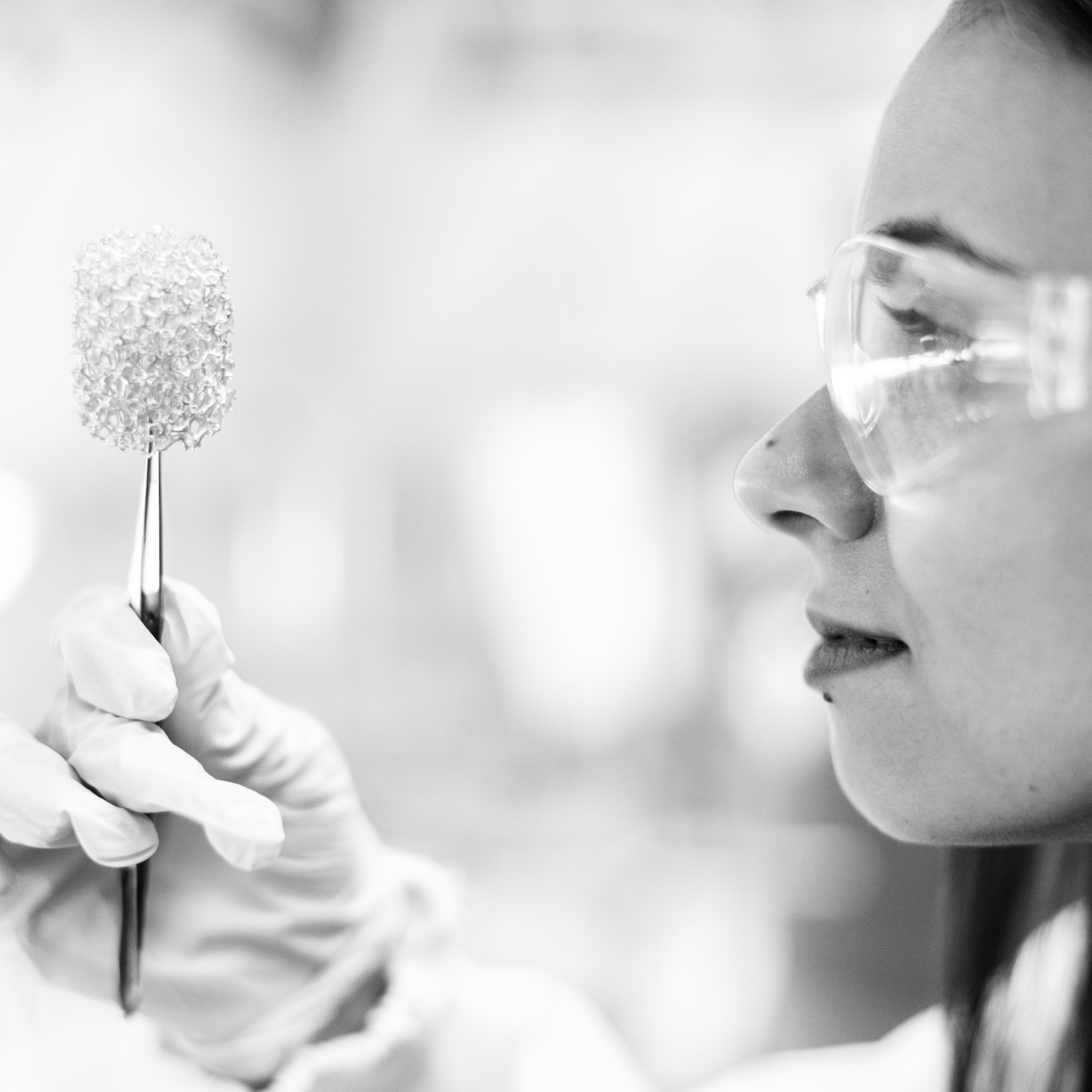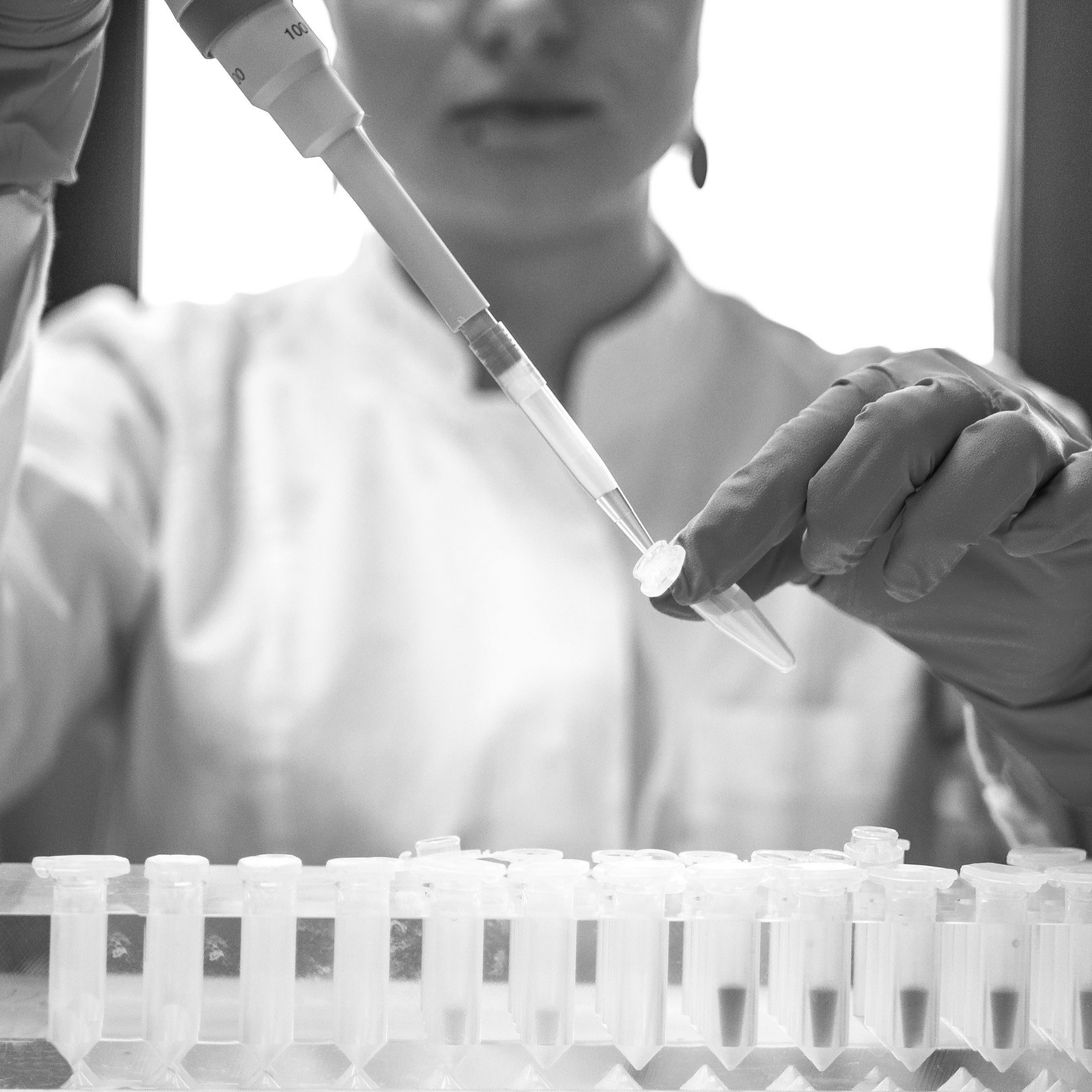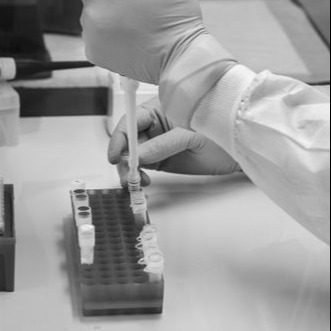WHAT IS A CLINICAL STUDY?
It is a stage in the meticulous research process on a drug or vaccine. The studies are a thorough process that allows the advancement of medicine and science in general.
Depending on the research phase (in the case of vaccines), the vaccine's immune response, efficacy and safety can be evaluated.
Initially, a "preclinical" phase is developed where the chemistry of the molecule is studied in the laboratory.
Subsequently, the testing process is developed. As with pharmacological research, it is governed by the Good Clinical Practice, an international standard known as GCP, which puts study participants' rights, safety and well-being before the social benefit of finding a vaccine.
Subsequently, the testing process is developed. As with pharmacological research, it is governed by the Good Clinical Practice, an international standard known as GCP, which puts study participants' rights, safety and well-being before the social benefit of finding a vaccine.
Clinical Investigation Phases
Phase 1

The objective is to validate the safety of a drug under investigation since it is applied for the first time in humans. The aim is to determine the maximum dose that can be used without causing serious side effects, which helps to establish the best way to administer the treatment.
Phase 2

In this phase, the participants’ group is increased to establish the investigational product’s efficacy.
Phase 3

At this stage, the number of participating volunteers is increased to validate whether the drug offers better results than conventional treatment because more advanced treatments are available to humanity compared to the past.
Phase 4

At this stage, the drugs already have FDA approval. They are available for doctors to prescribe to their patients or to be recommended by health authorities. Even so, at this stage, observation continues to keep learning about safety over time, which will continue to build benefits for patients in the future.
10 YEARS TRANSFORMING GLOBAL HEALTH
We are a clinical research center with five Panama sites conducting medical research studies. In these 9 years, we have contributed studies of great relevance for diseases such as Influenza, Poliomyelitis, Dengue, Respiratory Syncytial Virus, Zoster, Norovirus, Pneumococcus, Hepatitis A, Meningitis, Pertussis, Chikungunya, COVID-19, among others.
Frequently asked questions
It is part of the research process that allows the evaluation of drugs, devices or vaccines. Depending on the phase of the research (in the case of vaccines), the immune response, efficacy and safety can be evaluated (the objective of each research can be different and specific). The studies are a thorough process that allows the advancement of Medicine and Science in general.
Duration depends on each study. There may be cases that last a few weeks and others that could last several years. The period is determined by the protocol and the objectives of the investigation.
Quality data recording and confidentiality are a priority in clinical investigation, given the learning that this represents for the advancement of science and the potential positive, life-saving impact of the investigation results.
In Panama, there is a dynamic relationship between health authorities and ethics committees to submit for approval the protocols of the studies to be carried out in the population. This synergy allows, in addition to the formalization of research, to make alternatives to primary health care available to the people. The ICH-GCP guidelines also govern all human research and seek to protect the rights, safety and well-being of subjects through the guidelines they provide, and which must be complied with when conducting studies.
The studies generate data on vaccines and drugs under investigation. With the data obtained, decision-making processes are facilitated to make public policies, such as introducing a vaccine in a country's scheme and improving people's health.
This translates into saving lives, avoiding hospitalizations and optimizing the use of resources. In addition, through clinical research, humanity builds learning to combat diseases that can be prevented by vaccination or drugs.
This allows each generation of investigators to leave a legacy for present and future generations.
Our sites have clinical care teams, medical specialists depending on the type of research and participant follow-up needed, laboratories, pharmacy, research documentation and vaccination areas (including equipment for vaccine and samples storage).
CEVAXIN is a research center in Panama that provides services for the implementation and conduct of clinical, epidemiology and public health studies providing innovative solutions and quality processes to achieve high-quality data and results for trials. Adherence and recruitment rates are very competitive compared to other centers. CEAXIN adapts to sponsors' and studies needs and enables the care of many subjects through our site network.
Be involved in the growth of research as an engine of development in the country to facilitate the participation and speed of research and science development, always ensuring data quality.